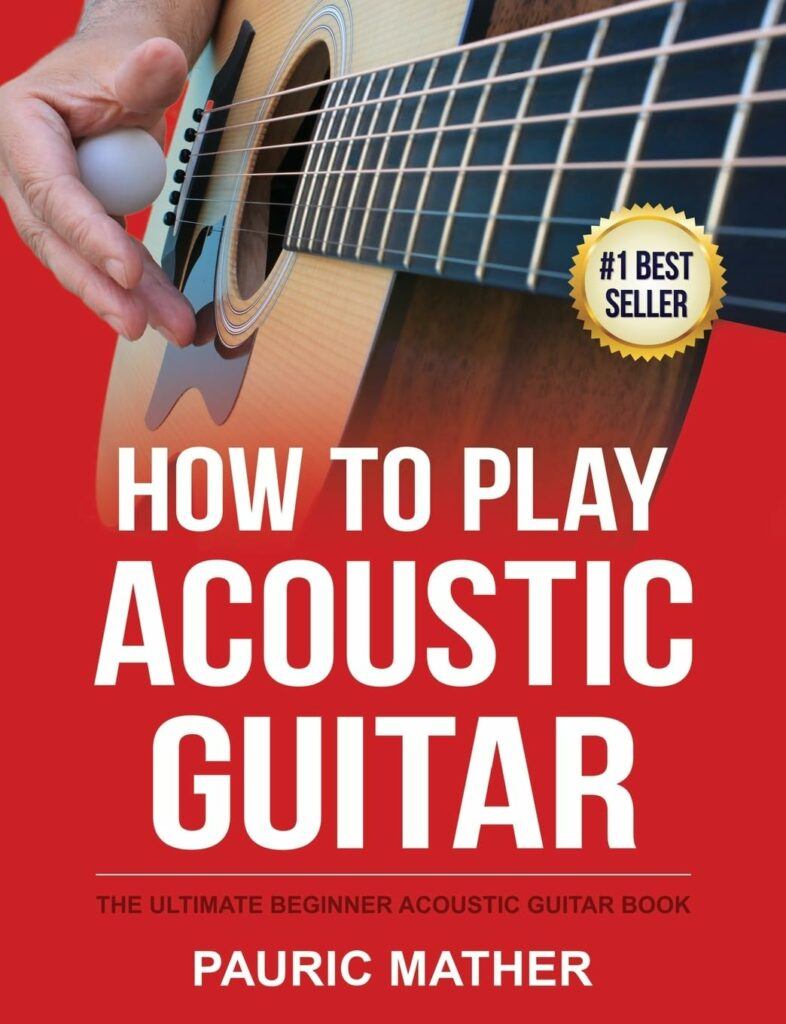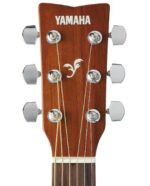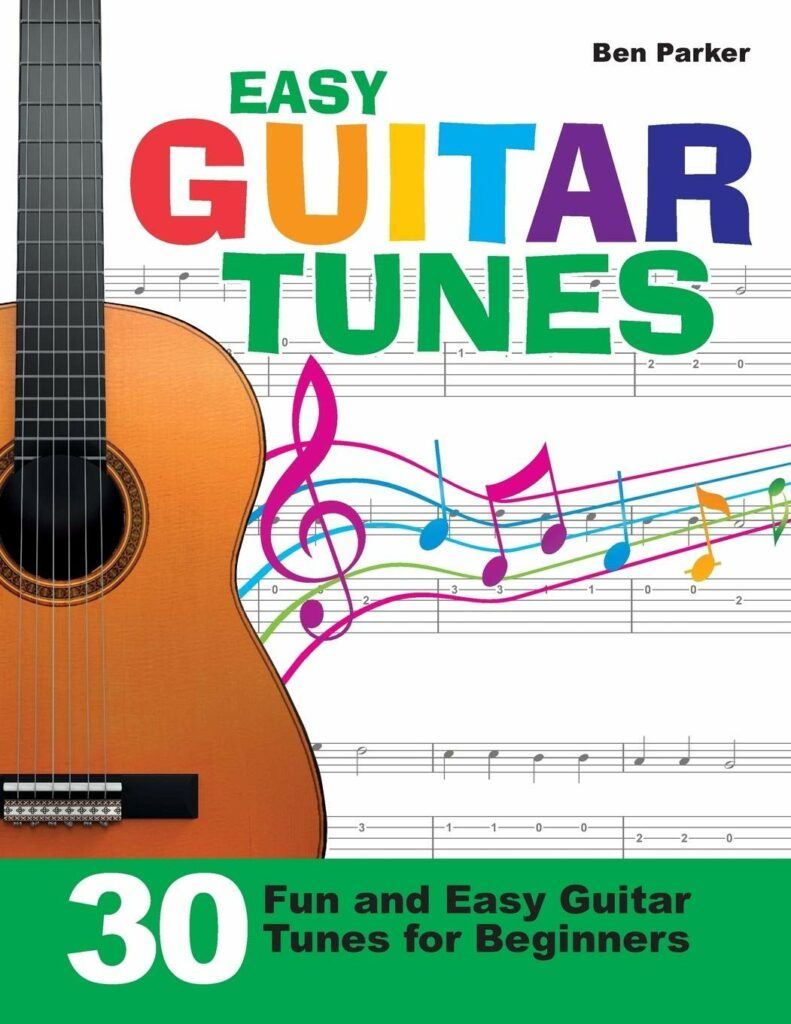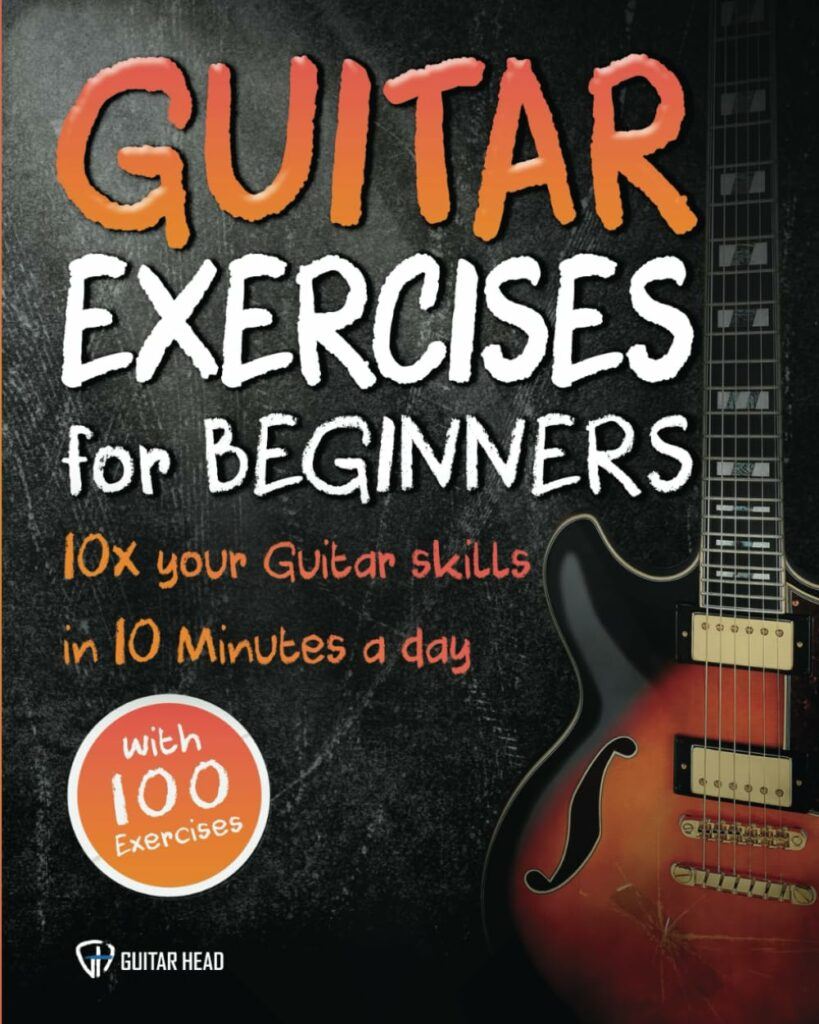Picking up a new skill like playing the guitar after the age of 50 is not only possible but can also be incredibly rewarding. Many older adults take up guitar playing for the enjoyment, challenge, and mental and physical benefits it offers. In this article, we’ll address some common questions and concerns about learning guitar later in life.
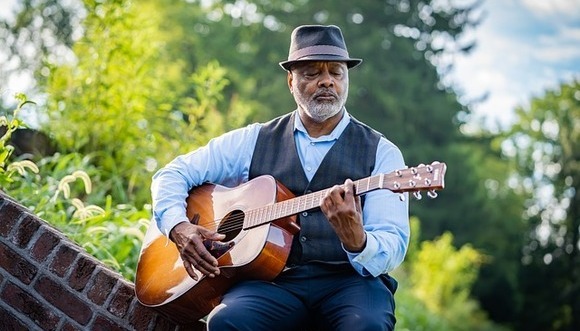
1. Is it possible to learn guitar at 50 years old?
Absolutely! There is no age limit when it comes to learning guitar. While children and younger learners may absorb new information quickly, older adults often approach learning with greater focus and discipline. Many people in their 50s, 60s, and beyond have successfully learned to play guitar and found great joy in the process.
Learning guitar after 50 offers numerous benefits, including:
- Improved cognitive function: Learning a musical instrument can help improve memory, concentration, and overall brain health.
- Stress relief: Playing guitar can be a soothing, meditative experience, providing a wonderful way to unwind and relax.
- Sense of accomplishment: Mastering new chords, songs, and techniques at any age provides a rewarding sense of achievement.
2. Is it harder to learn guitar when you get older?
While learning guitar at an older age might present different challenges compared to younger learners, it is by no means harder. The main challenges older learners may face include:
- Physical limitations: Older adults might experience reduced finger dexterity or joint stiffness, which can make certain chord shapes and finger movements more challenging.
- Longer learning curve: It may take slightly longer to develop muscle memory and coordination needed for smooth chord transitions and strumming patterns.
However, older learners often bring a greater sense of patience, motivation, and discipline to their practice, which can help overcome these challenges. With consistent effort and the right approach, it is definitely possible to learn guitar at any age.
3. What is the best way for an older person to learn guitar?
For older learners, a structured and gradual approach is often the most effective. Here are some tips for learning guitar after 50:
- Start with a teacher or online lessons: Consider taking lessons from a local instructor or using online platforms like Fender Play, Guitar Tricks, or YouTube to follow a structured curriculum.
- Use the right guitar: Choose a guitar that’s comfortable for you. Some older players may benefit from guitars with lighter strings or smaller bodies, which are easier on the fingers and joints.
- Set realistic goals: Start with small, achievable goals, such as learning a simple chord progression or strumming a basic rhythm. Break down the learning process into manageable steps.
- Practice consistently: Aim for short but regular practice sessions—about 15-30 minutes daily. This helps build muscle memory and reinforces what you’ve learned without causing too much strain.
- Stay patient: Be kind to yourself and understand that progress may be gradual, especially in the beginning. The key is to enjoy the process and celebrate every improvement.
4. Is it difficult for an adult to learn guitar?
Learning guitar as an adult can be challenging, but it is far from impossible. The difficulties are often related to building hand strength and finger coordination. For adults, the biggest challenge might be:
- Physical discomfort: Your fingers might hurt initially, especially as you build calluses on your fingertips.
- Coordination: Switching between chords can feel awkward at first, but with regular practice, your fingers will learn the necessary movements.
However, many adults find learning guitar deeply fulfilling. Adults often have more control over their time and learning environment, allowing them to create a practice routine that works best for them.
5. What is the first thing a beginner guitarist should learn?
The first thing a beginner guitarist should learn is basic open chords. These are the building blocks of many popular songs and provide a great foundation for understanding how music works on the guitar.
Some basic open chords to start with include:
- G Major
- C Major
- D Major
- E Minor
- A Minor
In addition to learning chords, it’s essential to:
- Learn how to tune your guitar: A properly tuned guitar will make your learning experience much more enjoyable.
- Develop good strumming habits: Focus on practicing rhythm and strumming patterns that complement the chords you are learning.
6. What is the hardest stage of learning guitar?
For many beginners, the hardest stage of learning guitar is the initial phase, where you’re working on finger placement, building calluses, and learning to transition between chords smoothly. Some common challenges include:
- Finger pain: New guitar players often experience sore fingers as they build calluses.
- Chord transitions: Moving between chords quickly and accurately can take time to master, and many learners struggle with this early on.
- Strumming consistency: Keeping a steady rhythm while switching between chords can be tricky, but it improves with practice.
However, once you get through this phase, playing guitar becomes much more enjoyable. The key to overcoming this difficult stage is to practice regularly and celebrate small wins along the way.
Conclusion: Learning Guitar After 50
Learning guitar after 50 is not only possible but highly beneficial. Whether you want to play for personal enjoyment, to challenge yourself, or to improve mental health, the guitar is an excellent instrument to pick up later in life. While there may be some challenges—like building finger strength and overcoming initial coordination hurdles—older learners often have the patience and determination to succeed.
Remember to start with small goals, practice regularly, and enjoy the process. With the right mindset and consistent effort, you can learn to play guitar at any age and experience the many joys it brings.


